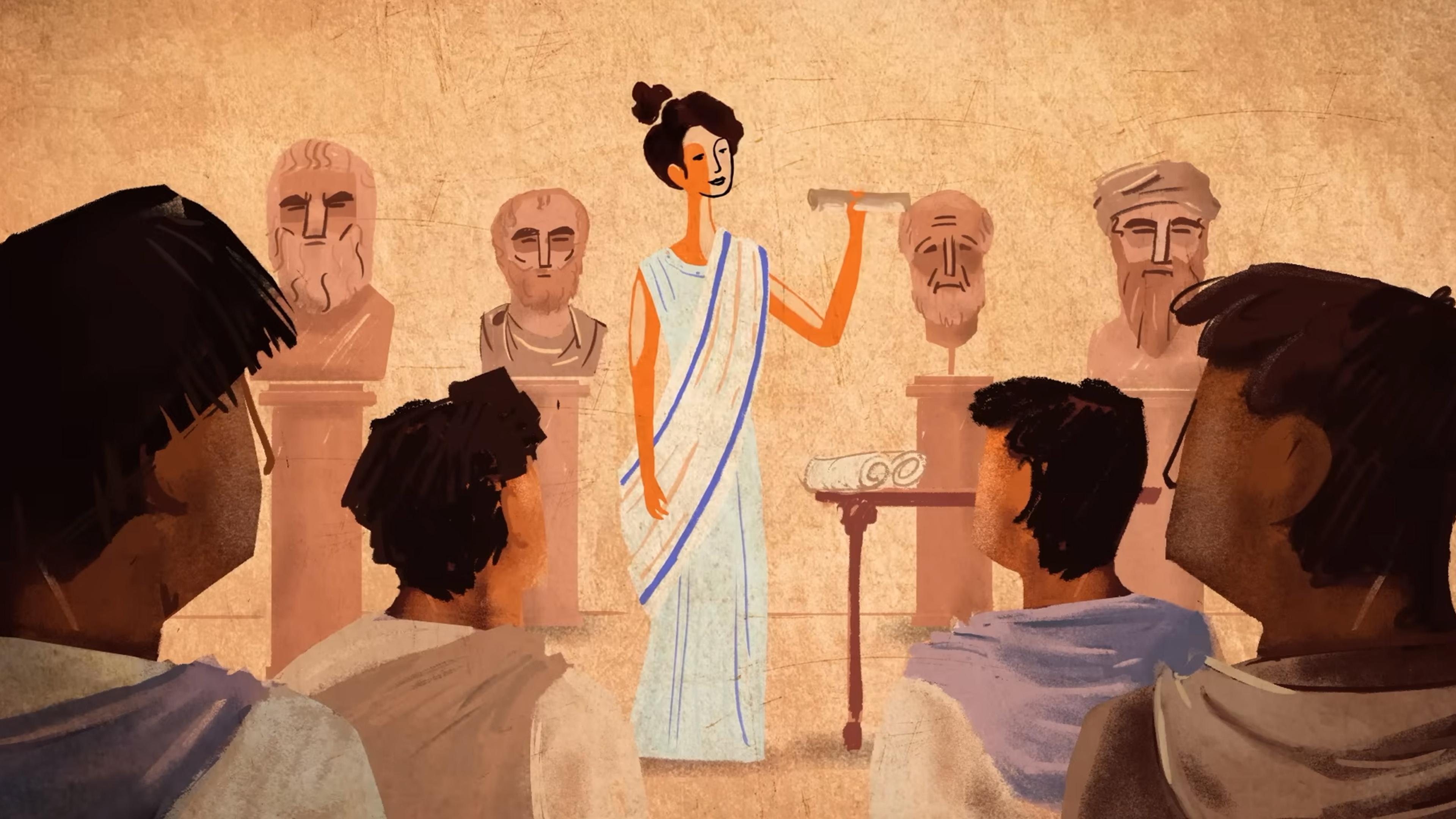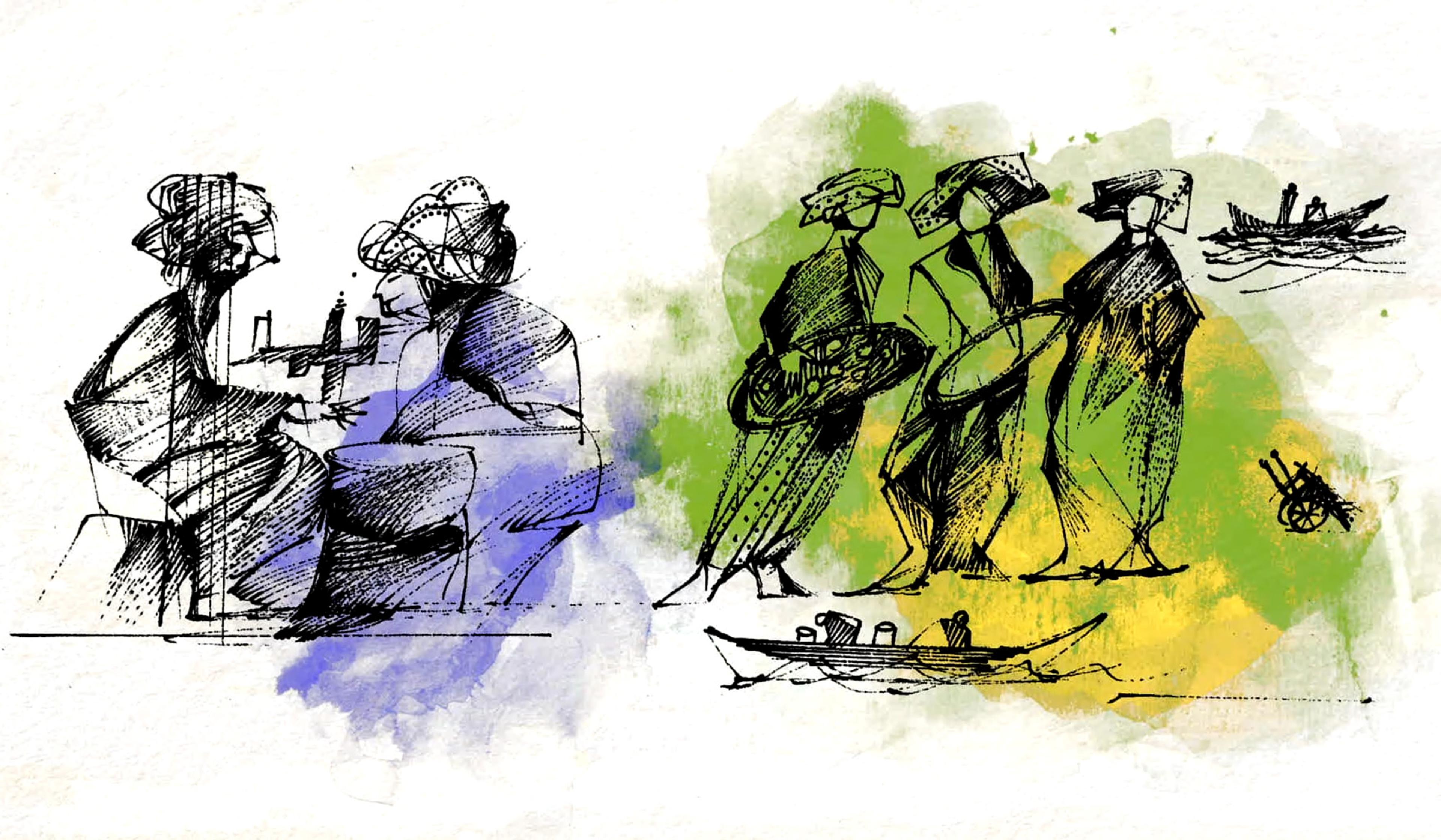Do we have good reasons to believe in beliefs? A radical philosophy of mind says no
‘Folk psychology’ refers to the notion that humans can explain and predict the mental states of themselves and others. For most people, the idea that we can ‘mind-read’ in this way is so engrained in our experience of the world that we take it for granted. For example, if someone reaches for then begins to eat a doughnut, we might assume that they possess the mental states of hunger and desire for food. And if we were reaching for a doughnut to eat, we would likely attribute those same mental states to ourselves. As obvious as these conclusions may seem, and as necessary as folk psychology may be for moving through everyday life, some neuroscientists, psychologists and philosophers argue that it’s an inadequate and antiquated framework for understanding human behaviour. This animation from Wireless Philosophy offers a short primer on a radical theory known as ‘eliminative materialism’, which posits that, just as modern biochemistry has no need for spirits, a modern scientific framework for understanding human behaviour should move beyond such immaterial concepts as ‘desire’ and ‘belief’.
Video by Wireless Philosophy

video
Rituals and celebrations
Flirtation, negotiation and vodka – or how to couple up in 1950s rural Poland
5 minutes

video
Technology and the self
In the town once named Asbestos, locals ponder the voids industry left in its wake
16 minutes

video
Cities
A lush, whirlwind tribute to the diversity of life in a northern English county
3 minutes

video
Stories and literature
Robert Frost’s poetic reflection on youth, as read in his unforgettable baritone
5 minutes

video
Sex and sexuality
After a sextortion scam, Eugene conducts an unblushing survey of masturbation
14 minutes

video
Language and linguistics
Closed captions suck. Here’s one artist’s inventive project to make them better
8 minutes

video
Thinkers and theories
A rare female scholar of the Roman Empire, Hypatia lived and died as a secular voice
5 minutes

video
Architecture
The celebrated architect who took inspiration from sitting, waiting and contemplating
29 minutes

video
Anthropology
Why are witchcraft accusations so common across human societies?
4 minutes